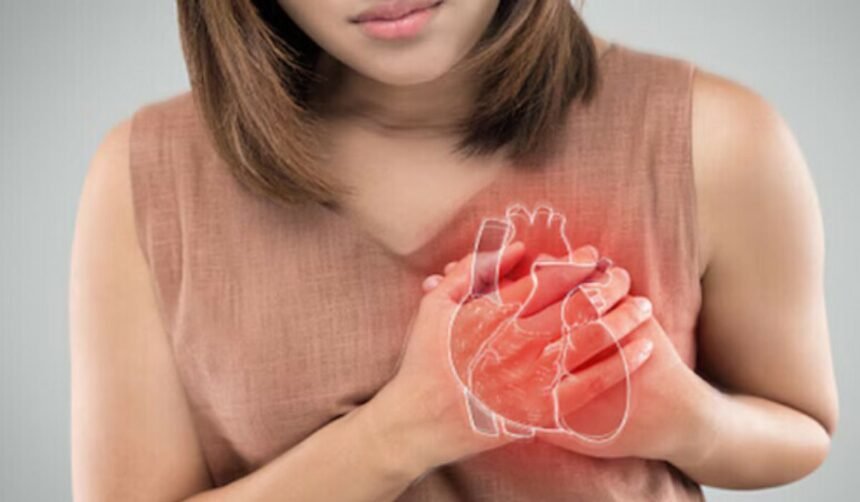Changing lifestyles are contributing to a surprising trend: more young adults are now facing heart attacks, once considered a disease of older people.
Medical experts link this rise to unhealthy food habits, reduced physical activity, stress, drug use, and poor sleep patterns. These conditions quietly affect the heart over time and may lead to serious consequences if not addressed early.
A key concern is that young people often ignore early symptoms such as chest pressure, tiredness, or dizziness. These signs are often misread as indigestion, anxiety, or general weakness.
Read More: Muscle Health Boosted by Goat Milk, Research Reveals
Doctors have identified eight early warning signs that may appear weeks before a heart attack. These include discomfort in the chest, shortness of breath even during rest, pain in arms, jaw, or back, constant tiredness, nausea, and fainting spells.
Health officials urge young people to take these signals seriously. Immediate treatment during early stages can prevent severe heart damage or sudden cardiac events.
They also recommend adopting a healthier lifestyle. This includes regular exercise, quitting smoking or drug use, eating nutritious food, managing stress through hobbies or relaxation techniques, and maintaining a consistent sleep schedule.


